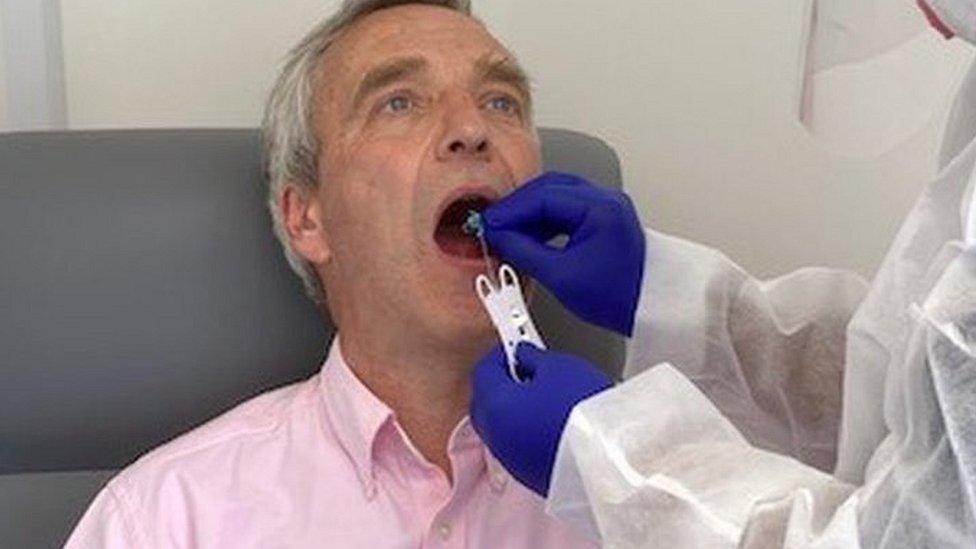Oesophageal cancer: Cambridge researchers begin capsule sponge trial
- Published
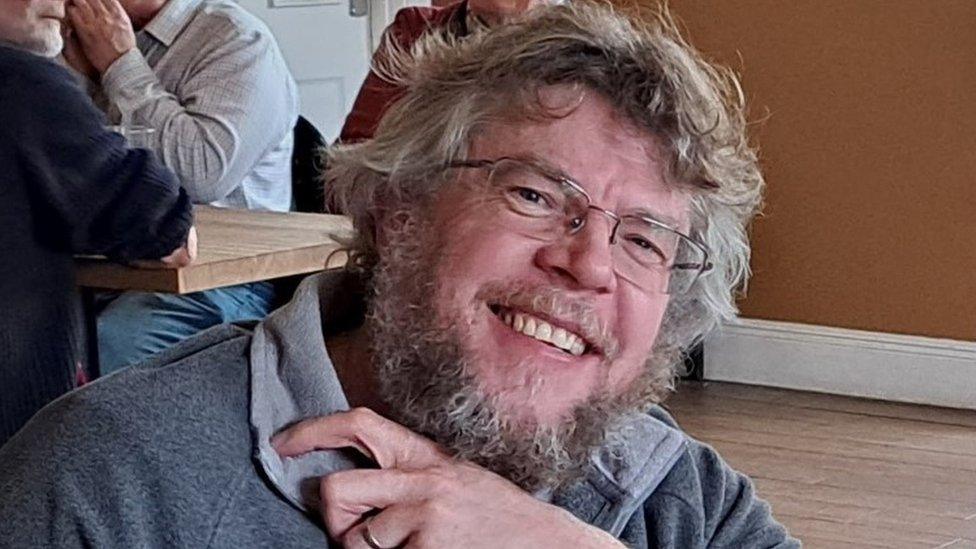
Tim Cowper, 49, from Cambridge, has had acid reflux, or heartburn, every night since he was 16
A man said it "means a lot" to become the first person to join a clinical trial that could lead to a new type of cancer screening available on the NHS.
Researchers will see whether a "capsule sponge" can help prevent oesophageal cancer among those most at risk.
Tim Cowper will take part in the BEST4 trial beginning at Addenbrooke's Hospital in Cambridge on Tuesday.
The £6.4m project is jointly funded by Cancer Research UK and the National Institute for Health and Care Research.
Oesophageal cancer is found anywhere in the oesophagus, sometimes called the gullet or food pipe, external.
Mr Cowper, who works as a brewer, says he has suffered acid reflux, or heartburn, every night since he was 16.
"Since my diagnosis, I've been going for an endoscopy at least once every three years to monitor my oesophagus. It is not pleasant at all," said the 49-year-old, from Cambridge.
"Swallowing a capsule sponge is a much better experience."
The capsule sponge, known as the pill-on-a-thread, is a quick and simple test for Barrett's oesophagus,, external a condition that can be a precursor to cancer.
Patients are asked to swallow the capsule containing the sponge, which dissolves in the stomach, but expands to the size of a 50p coin.
The sponge is carefully pulled back up using the string, collecting cells for laboratory testing.
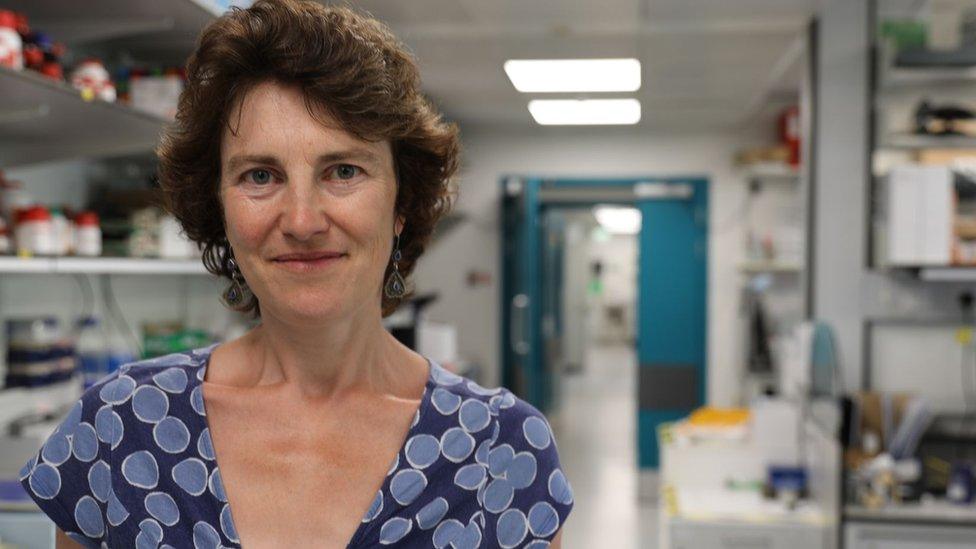
Institute director Rebecca Fitzgerald said the outcomes for patients could be transformed by faster detection
The first stage of the trial is for people already diagnosed with Barrett's oesophagus and will look at whether the test could replace endoscopies to monitor their condition.
The second stage of the trial, set for this summer, will recruit 120,000 people aged over 50 on long-term treatment for heartburn.
If successful, it could become a national screening programme across the NHS, in the same way mammograms are used to screen for breast cancer.
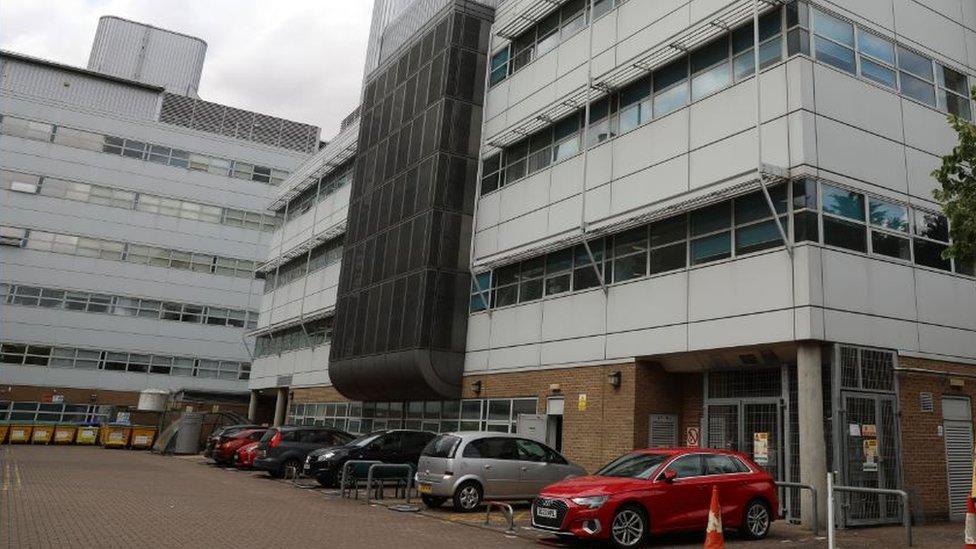
The Early Cancer Institute is based in the University of Cambridge's Hutchison Building on the city's Biomedical Campus
The trial builds on decades of research led by Professor Rebecca Fitzgerald, a doctor and researcher at Addenbrooke's and the University of Cambridge's Early Cancer Institute, who helped invent and refine the capsule sponge test.
Prof Fitzgerald said the device "could halve the number of deaths from oesophageal cancer every year".
She said: "Most don't realise there's a problem until they have trouble swallowing. By then it is too late."

Follow East of England news on Facebook, external, Instagram, external and X, external. Got a story? Email eastofenglandnews@bbc.co.uk, external or WhatsApp 0800 169 1830
Related topics
- Published21 September 2022
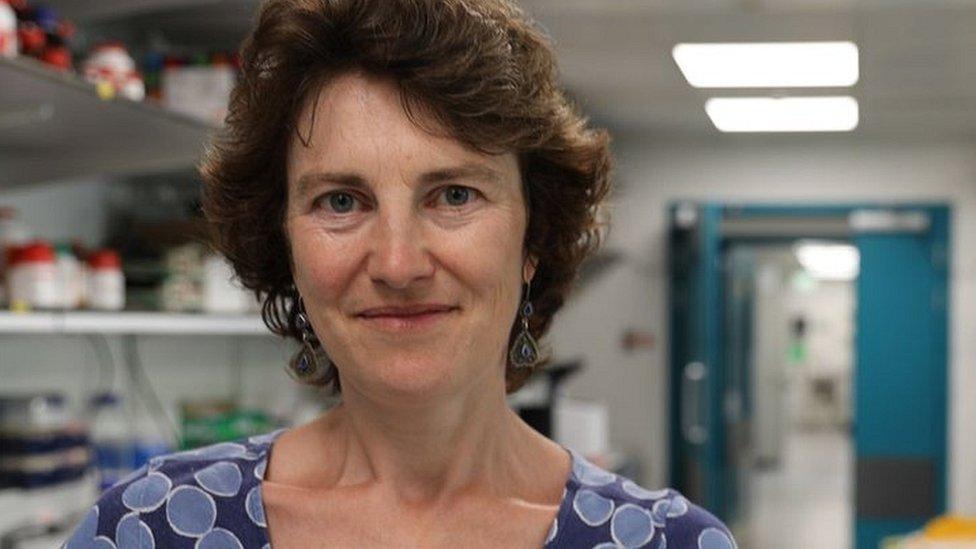
- Published18 August 2022

- Published28 January 2022
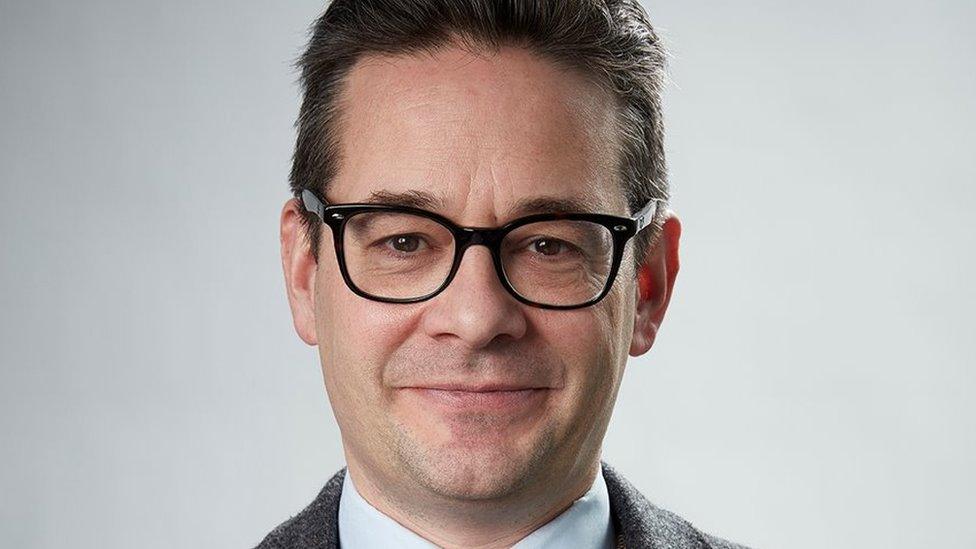
- Published13 October 2021
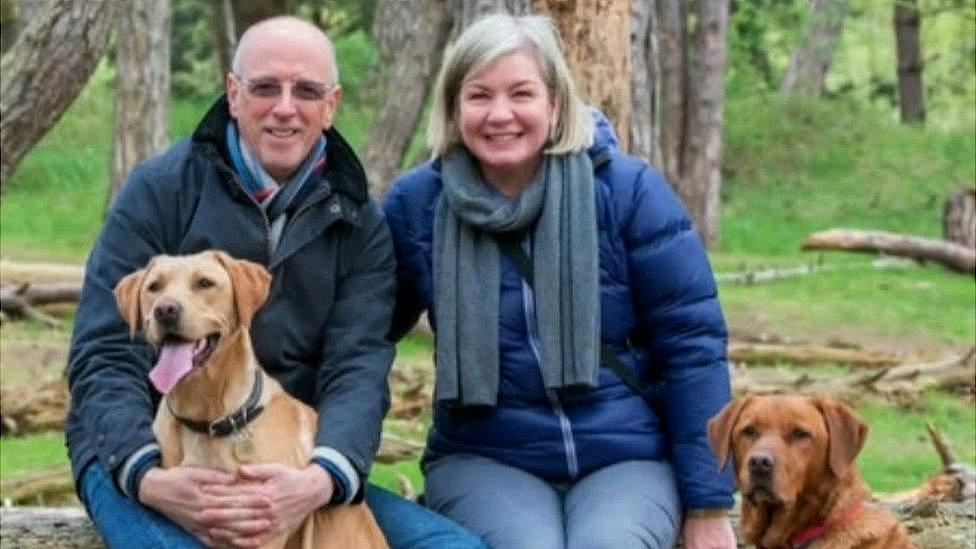
- Published13 September 2021
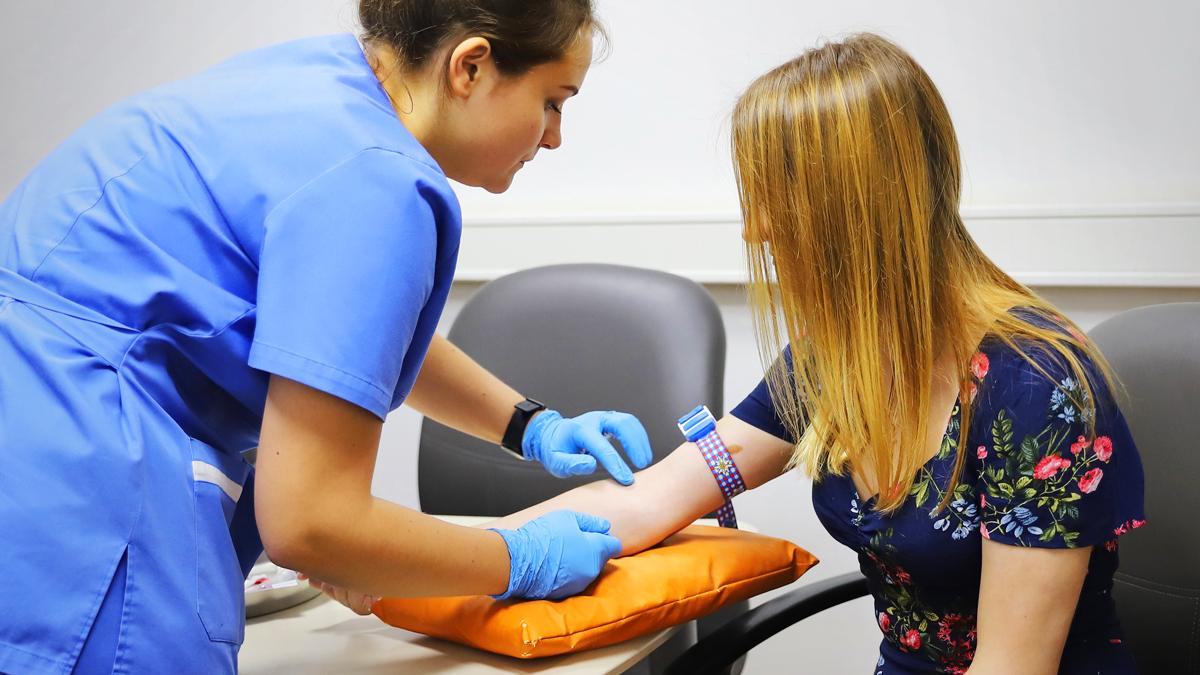
- Published9 June 2021
